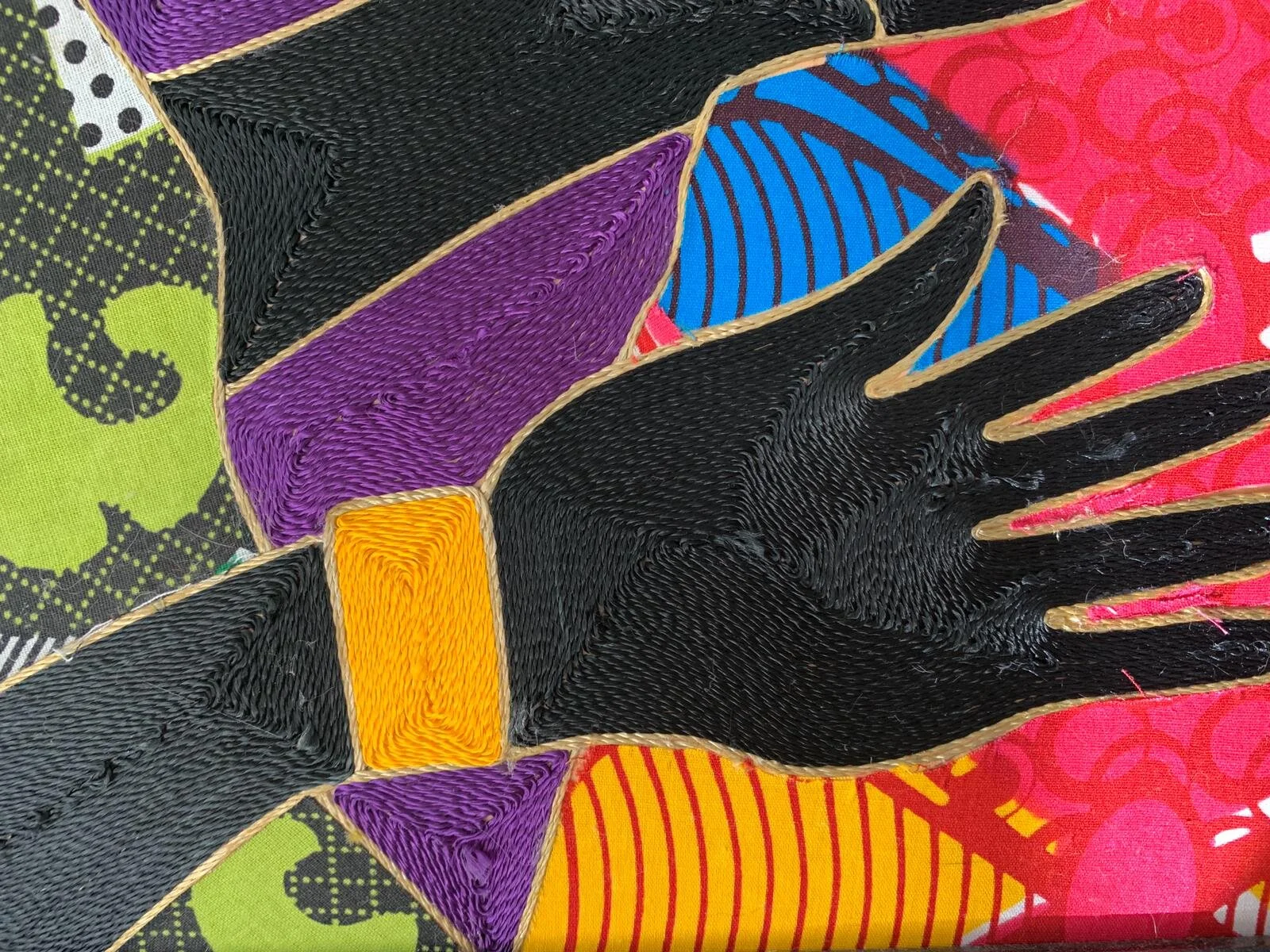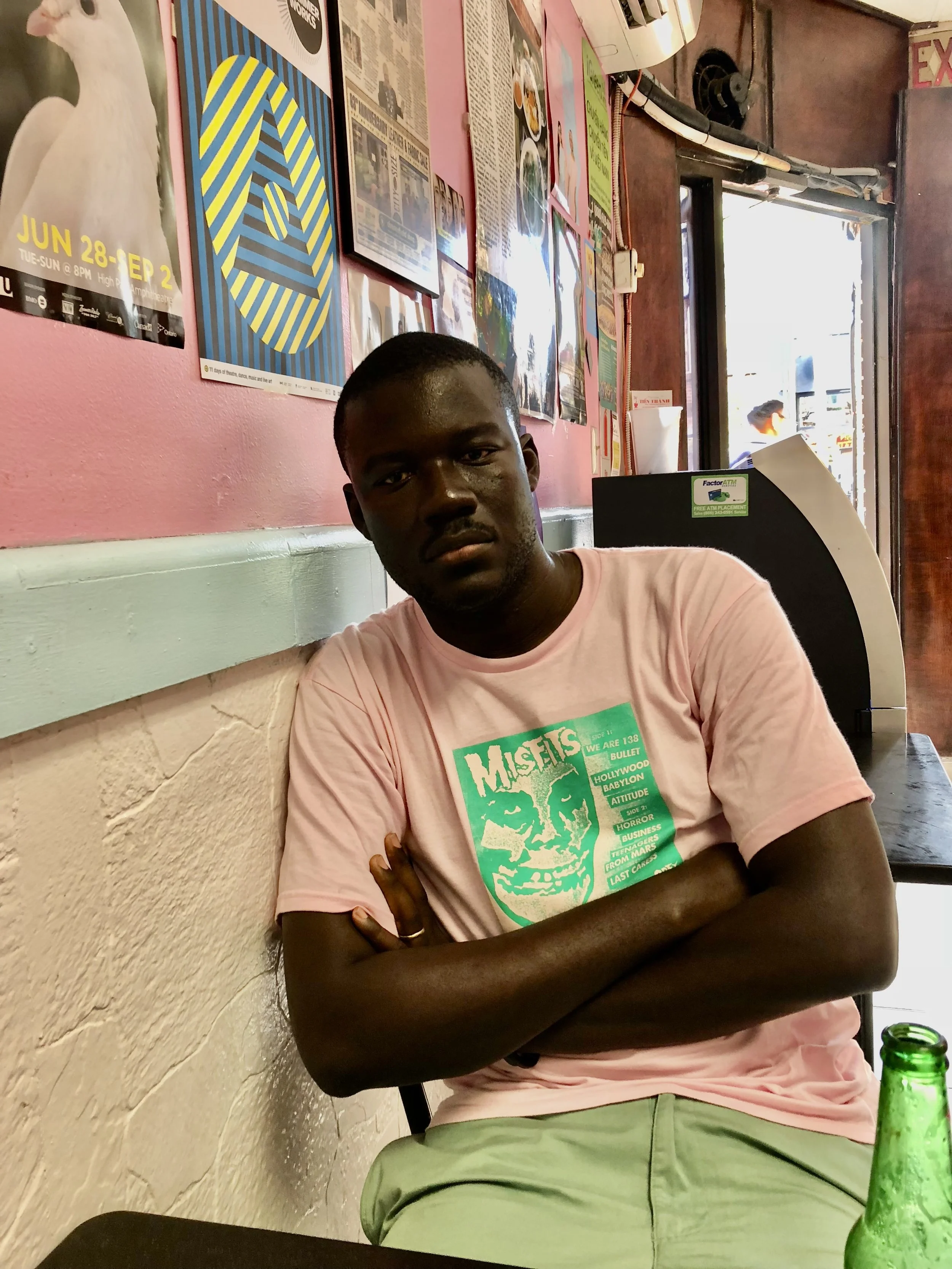Bringing Bright Ackwerh’s “Cartoons from Accra” to Life: Correspondence of an amateur curator
/This blog post documents an insider’s perspective of the set-up for political cartoonist and artist Bright Ackwerh’s first North American art exhibition, Cartoons from Accra: Memoirs of Politics and Activism from Ghana and Beyond. My narrative is followed by a virtual gallery of Bright’s pieces from the exhibition, so everyone can share in this project.
Read More



















